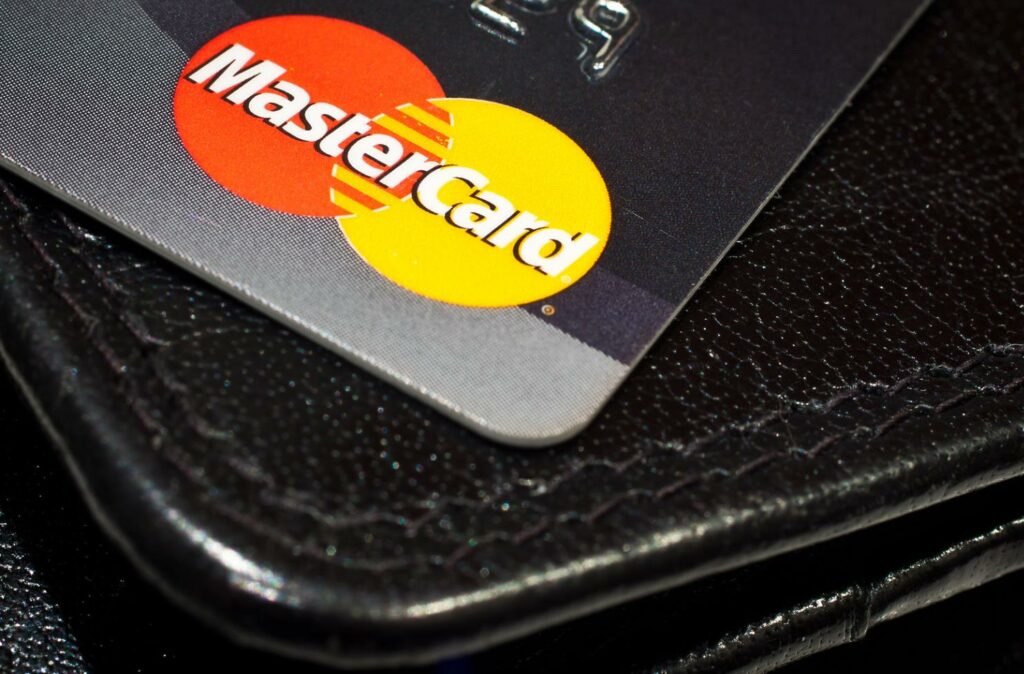Mastercard has debuted a new software to help banks identify and cut off transactions from fraud-prone cryptocurrency exchanges, a system called Crypto Secure that uses “sophisticated” artificial intelligence algorithms to determine connections with Mastercard’s payments network. risk of crime related to cryptocurrency exchanges. The system relies on data from the blockchain, the public record of cryptocurrency transactions.
The service is provided by CipherTrace, a blockchain security startup that Mastercard acquired last year. Based in Menlo Park, California, CipherTrace helps businesses and government agencies investigate illegal transactions involving cryptocurrencies. Its main competitors are New York firm Chainalysis and London-based Elliptic.
Mastercard launched the service against a backdrop of increasing criminal activity in the nascent digital asset market. The amount of cryptocurrency entering wallets linked to known crimes surged to a record $14 billion last year, according to blockchain analytics firm Chainalysis. And 2022 has seen a spate of high-profile hacks and scams targeting cryptocurrency investors.
On the Crypto Secure platform, banks and other card issuers see a dashboard with a color-coded rating representing the risk of suspicious activity, ranging from red for “high” to green for “low”. Crypto Secure does not make a judgment on whether to reject a particular cryptocurrency merchant. This decision is left to the card issuer itself.
Mastercard already uses similar technology to prevent fraud in fiat transactions. With Crypto Secure, it is extending this capability to Bitcoin BTC -4.88% and other virtual currencies.
Recently, compliance has become an important focus for cryptocurrencies as more banks and payment companies enter the fray with their own digital asset trading and storage services. Last month, Nasdaq became the latest established financial firm to join Wall Street in embracing cryptocurrencies, launching a custody service for institutional clients.
At the same time, governments on both sides of the Atlantic are seeking to impose new curbs on the cryptocurrency sector, which has so far largely lacked regulation. Last month, the Biden administration released its first-ever framework for regulation of the U.S. cryptocurrency industry, while the European Union has approved its own landmark cryptocurrency law.
The payments giant is doubling down on cryptocurrencies at a time when digital currency prices are falling and trading volumes are drying up. The market as a whole has lost about $2 trillion in value since its November 2021 peak.
Bitcoin is now worth less than $20,000 — plunging about 70% from an all-time high near $69,000 — and has struggled to climb above meaningful levels in recent weeks.
Despite the depressed price of digital tokens, crime in the industry shows no signs of abating. A particularly popular method of defrauding cryptocurrency investors this year has been the use of blockchain bridges, tools used to exchange assets from one cryptocurrency network to another. According to Chainalysis, these cross-chain bridging vulnerabilities have already cost about $1.4 billion starting in 2022.
Against this backdrop, major financial services firms and cryptocurrency platforms are investing in ways to reduce the risk of transferring illicit gains through their systems. Cryptocurrencies are often criticized for being used for money laundering and other forms of illicit activity — a problem that stems in part from the anonymous nature of participants on blockchain networks.
However, the development of new software tools has made it easier to track down the ill-gotten gains of cryptocurrency criminals. Companies are employing sophisticated data science and machine learning techniques to analyze data on public blockchains. Mastercard is also looking to keep pace with its archrival Visa. The latter has made a definite investment in the cryptocurrency space. In the fiscal first quarter of 2022, Visa said it facilitated $2.5 billion in transactions through cards linked to accounts on the cryptocurrency platform.
Last year, Visa launched a cryptocurrency advisory business, advising clients on everything from launching cryptocurrency features to exploring non-crypto tokens.
Mastercard declined to disclose the overall dollar value of fiat-to-crypto across its network of 2,400 cryptocurrency exchanges, only to mention that the number of transactions facilitated by the credit card giant is now in the “thousands” per minute.






